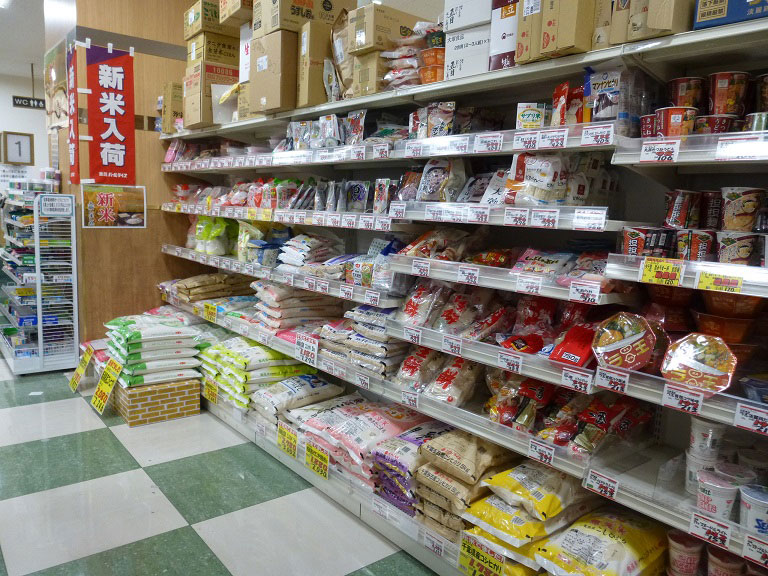 Make some room
Make some room
Nov 10, 2016
TOYKO, JAPAN -- Mitsuwa Corporation, a wholesaler located in the mega-populous Kanto region of Japan (greater Tokyo/Yokohama), will soon begin marketing U.S. Calrose rice at retail outlets. The retail bags feature the U.S. Rice logo used in Japan to promote Calrose rice.
USA Rice also is coordinating with a second wholesale brand interested in carrying U.S. medium grain rice sporting the logo at multiple supermarket chains starting in January 2017.
“These new entrants at the retail level are welcome news and evidence of the success of USA Rice promotional efforts here in this tightly controlled market,” said Hugh Maginnis, USA Rice vice president for international. “We plan to support these brands at retail with in-store demonstrations, production of new point of sale materials, use of recipe books as giveaways, and sampling of Calrose rice in small packs.”
In addition, the METRO Cash & Carry (METRO) wholesale chain which caters to the foodservice industry, has started to sell U.S. medium grain rice. The rice wholesaler who is supplying the rice to METRO, Senda Mizuho, decided to enter into this market segment with U.S. Calrose rice following visits to California this summer. METRO’s customers are exclusively foodservice and mostly independent restaurants, particularly, Chinese and Asian-style. Fried rice is a common menu item at these types of restaurants and the wholesaler believes this to be a great fit for U.S. Calrose rice. Maginnis said USA Rice will support sales with in-store taste-testing demonstrations of U.S. rice. An additional target for METRO are western-style restaurants, such as Italian, where sales of Calrose will complement their existing sales of olive oil and wine.
Access for U.S. rice to the retail and foodservice sectors is via the Simultaneous-Buy-Sell system, or SBS. The Japanese government has set aside 100,000 metric tons of the country’s overall WTO import commitment of 682,200 MT for purchase through SBS. This rice is earmarked for end users in Japan, as opposed to the balance that is imported and primarily used in the food manufacturing and ingredient industries.
U.S. exporters had expected greater success in SBS tenders this year because of improved price competitiveness against Japanese rice. However, the Japanese government effectively suspended SBS tenders several weeks ago in response to media reports critical of business practices of some SBS participants. The Japanese Diet, or parliament, is currently considering approval of the Trans Pacific Partnership trade agreement. It is unclear when SBS tenders will resume, and USA Rice is urging the resumption of SBS tenders to meet customer demand in Japan and to maintain U.S. access to this important market.